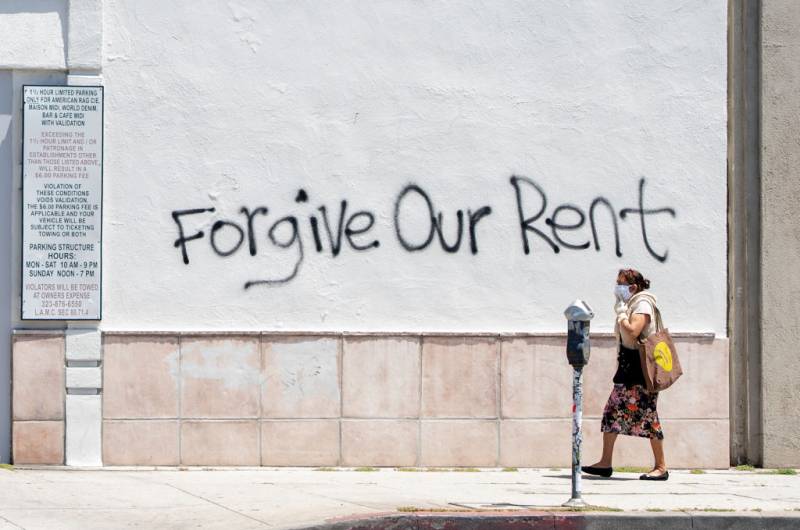That is “a troubling power imbalance,” said Assemblyman David Chiu, D-San Francisco, among many objecting to that provision.
“This is not a perfect deal,” said Chiu, who heads the Assembly housing committee, said Thursday as he and Democratic Assembly Speaker Anthony Rendon noted lawmakers must do more to fill the gaps before the new protections expire in June. Yet, “At this deadliest of moments in the pandemic, we can’t have tenants pushed out into the streets,” with the current protections set to expire this weekend.
“While this new law will help many landlords and tenants, we are worried about the most vulnerable tenants who maybe have landlords that have been wanting to get them out and now are going to be missing out on protections because of the shortcomings of this new law,” said Francisco Dueñas, executive director of Housing NOW! California. “It's really going to be up to the goodwill of the landlords to decide whether their tenants get the rent relief. We really feel that's going to obviously leave out a lot of folks.”
Tenants' advocates also point out that the bill still allows evictions for reasons beside falling behind on rent, such as lease violations or nuisance claims, which they fear some landlords will take advantage of.
In the Bay Area, there were at least 527 evictions between the start of the statewide coronavirus lockdown on March 19 and the end of 2020, according to data from sheriffs’ offices in the nine counties.
Some groups representing landlords, while welcoming the relief, also voiced concerns with the specific terms of the legislation.

